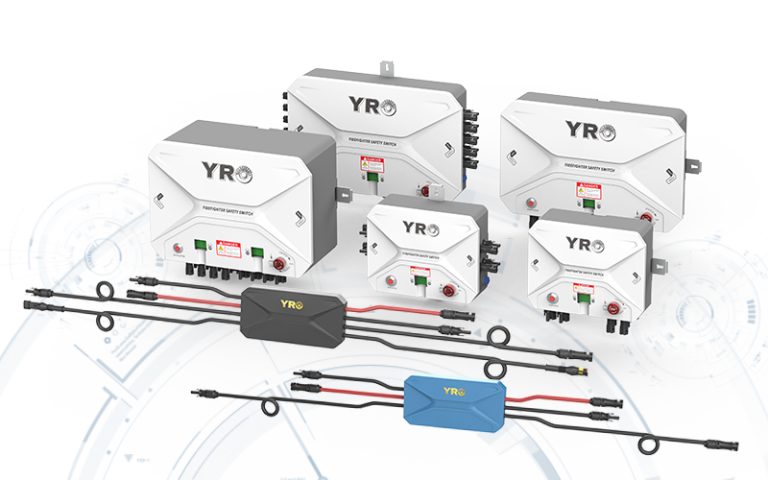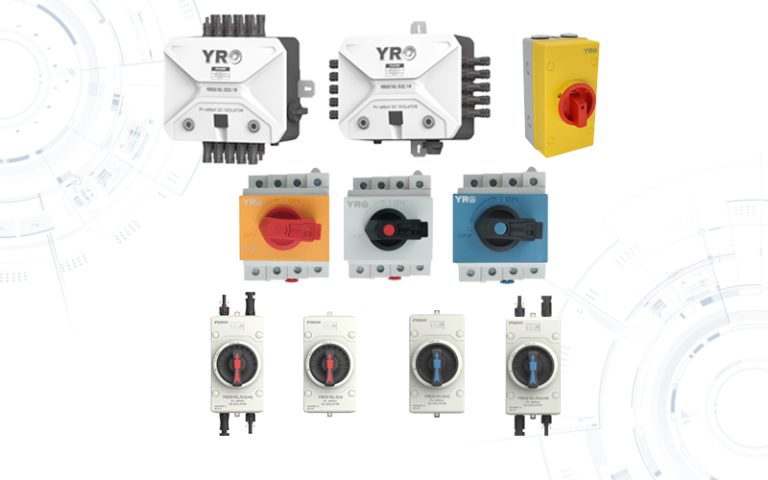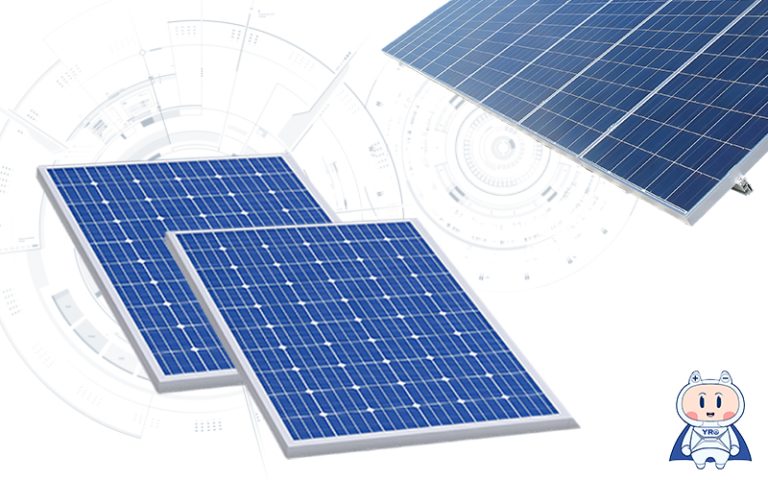As the world shifts towards cleaner energy, solar panels have emerged as one of the most promising solutions for a sustainable future. But how exactly do solar panels help the environment? In this blog, we will explore the environmental impact of solar panels and explain why they are a smart, eco-friendly choice. From reducing greenhouse gases to conserving natural resources, solar energy offers multiple benefits that contribute to a healthier planet. Let’s dive into how solar panels and the environment form a sustainable match.
How Do Solar Panel Contribute to Environment?
With the energy from solar panel, solar energy harnesses the power of the sun to generate electricity without emitting harmful pollutants. Unlike fossil fuels, which release carbon dioxide and other greenhouse gases when burned, solar panels produce clean energy by converting sunlight into usable power through photovoltaic technology. This shift from traditional energy sources to solar not only reduces harmful emissions but also decreases dependence on finite natural resources, making solar energy an essential part of global sustainability efforts.
Environmental Benefits of Solar Panel
| Why Solar Panels Are a Leading Choice for Sustainability | Description |
|---|---|
| Economic Savings | Lower electricity bills and long-term financial benefits through reduced energy costs. |
| Strong Environmental Benefits | Significant reduction in greenhouse gas emissions, improved air quality, and conservation of resources. |
| Versatility and Accessibility | Can be installed on rooftops, remote areas, and large solar farms, enabling widespread adoption. |
| Technological Advancements | Increasing efficiency and decreasing resource use improve overall sustainability. |
| Energy Independence and Resilience | Reduces reliance on fossil fuels and enhances energy security amid climate challenges. |
Reduction of Greenhouse Gas Emissions
One of the most significant environmental benefits of solar panels is their ability to drastically cut greenhouse gas emissions. Generating electricity from solar energy eliminates the need to burn coal, oil, or natural gas, all major contributors to carbon dioxide emissions and climate change. Studies show that installing solar panels can offset the carbon footprint equivalent to planting hundreds of trees annually, helping to slow global warming and mitigate environmental risks.
Improvement of Air Quality
Solar energy also improves air quality by preventing the release of pollutants such as sulfur dioxide, nitrogen oxides, and particulate matter, which are common byproducts of fossil fuel combustion. These pollutants contribute to smog, respiratory illnesses, and cardiovascular problems. By reducing air pollution, solar panels contribute to healthier communities and lower healthcare costs related to pollution-related diseases.
Conservation of Natural Resources
Unlike fossil fuel extraction, which involves mining, drilling, and transportation that damage ecosystems and consume large amounts of water and energy, solar panels utilize sunlight—a free and inexhaustible resource. This helps conserve natural resources, protecting habitats and biodiversity while supporting a sustainable energy infrastructure.
Reduction of Environmental Degradation
The extraction and use of fossil fuels cause significant environmental degradation, including habitat destruction, soil erosion, oil spills, and water contamination. Solar panels, once installed, operate silently and have minimal environmental footprint. Their adoption reduces the pressure on ecosystems, helping to preserve landscapes and protect wildlife.
Reduction of Water Usage
Traditional power plants, especially coal and nuclear, consume vast amounts of water for cooling. Solar panels require little to no water to generate electricity, significantly reducing water usage and helping to preserve freshwater resources—an increasingly critical factor as many regions face water scarcity.
Is Solar Panel 100% Environmentally Friendly?
While solar panels offer many environmental advantages, they are not completely free from impact. The manufacturing process involves energy consumption and raw materials like silicon and rare metals. Transportation and end-of-life disposal also contribute to the overall environmental footprint. However, advances in technology have drastically reduced these impacts over time. The energy payback period—the time solar panels take to generate the amount of energy used to make them—is now less than two years for many modern panels, far shorter than their 25-40 year lifespan. Recycling programs for solar panels are also growing, further enhancing their sustainability.
5. Why Solar Panels Are a Leading Choice for Sustainability
Solar panels combine economic savings with strong environmental benefits, making them a top choice for individuals, businesses, and governments focused on sustainability. Their modular nature allows installation in diverse settings, from rooftops to large solar farms, increasing access to clean energy worldwide. As technology improves, solar panels become more efficient and less resource-intensive. Additionally, solar energy supports energy independence and resilience, crucial factors in the face of climate change and fluctuating fossil fuel markets.
6. Conclusion
Solar panels and the environment are indeed a sustainable match. By reducing greenhouse gas emissions, improving air quality, conserving natural resources, and lowering water usage, solar energy plays a pivotal role in creating a cleaner, healthier planet. While not entirely impact-free, ongoing innovations and recycling efforts continue to improve the sustainability of solar technology. Choosing solar panels is not only a wise investment in energy savings but also a meaningful contribution to environmental preservation and the global fight against climate change.


































